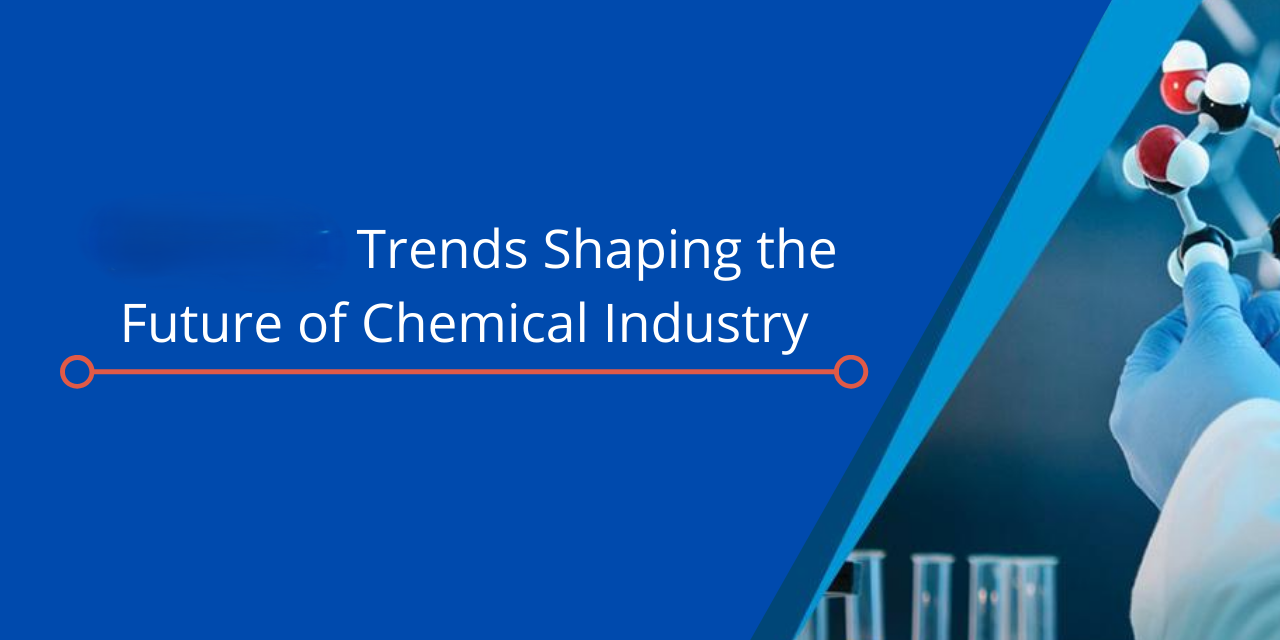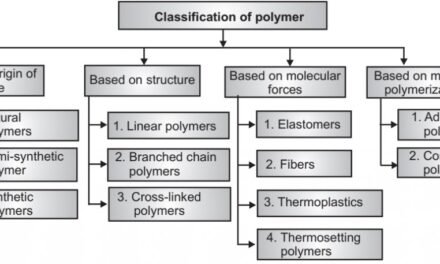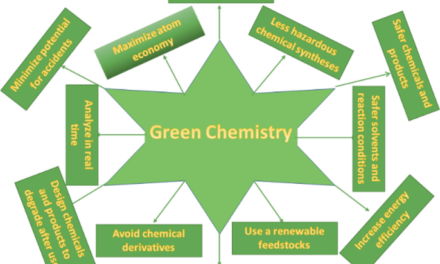The chemical industry is undergoing significant transformation, driven by several key trends. Here are some of the most important trends shaping the future of the chemical industry:
- Sustainability and Green Chemistry:
- There’s an increasing emphasis on developing eco-friendly chemicals, reducing waste, and minimizing the environmental footprint. This includes the use of renewable feedstocks, energy-efficient processes, and the development of biodegradable products. The chemical industry is also focusing on reducing carbon emissions and adopting circular economy principles.
- Digitalization and Industry 4.0:
- The adoption of advanced technologies like artificial intelligence (AI), machine learning (ML), the Internet of Things (IoT), and big data is transforming chemical manufacturing. These technologies enable better predictive maintenance, process optimization, real-time monitoring, and enhanced product development. Digital twins and smart factories are becoming increasingly common.
- Biotechnology and Biochemicals:
- The use of biotechnology to produce chemicals from renewable biological sources (like algae, microbes, and plant-based materials) is expanding. Biochemicals are being developed as alternatives to petroleum-based chemicals, aligning with the push toward sustainability and reducing dependency on fossil fuels.
- Automation and Robotics:
- Automation is streamlining manufacturing processes, reducing labor costs, and improving precision and efficiency. Robotics, particularly in hazardous environments, enhances worker safety and operational efficiency. Automated systems also enable better quality control and consistency.
- Customization and Specialty Chemicals:
- There’s a growing demand for high-performance, specialized chemicals tailored to meet specific customer needs. This includes chemicals used in niche applications like advanced materials, pharmaceuticals, electronics, and personal care products. Customization allows manufacturers to target higher-margin markets.
- Circular Economy and Recycling:
- The shift towards a circular economy is pushing the industry to recycle waste products and materials into valuable raw materials for further use. Chemical recycling technologies are being developed to break down plastics and other materials to produce new chemicals, helping to reduce waste and promote resource efficiency.
- Supply Chain Resilience and Localization:
- In response to global disruptions, there’s a trend towards making supply chains more resilient. This includes diversifying sources, increasing local production capacities, and creating more transparent and flexible supply chains. The pandemic underscored the need for robust and adaptable supply chain strategies.
- Decarbonization and Renewable Energy:
- The chemical industry is increasingly focusing on decarbonization by adopting renewable energy sources, optimizing energy usage, and improving carbon capture technologies. Companies are aiming for carbon neutrality and focusing on sustainable energy solutions to power manufacturing processes.
- Regulatory Compliance and Safety:
- With stricter environmental regulations and safety standards globally, companies must ensure compliance with laws related to emissions, waste disposal, and product safety. This includes adapting to regulations on harmful chemicals and incorporating safety in product design and manufacturing processes.
- Consumer-Driven Innovation:
- Consumers are demanding more sustainable, eco-friendly, and health-conscious products, which is influencing product development in the chemical industry. From biodegradable plastics to non-toxic cleaning products, manufacturers are responding to the increasing demand for safer and more sustainable goods.










